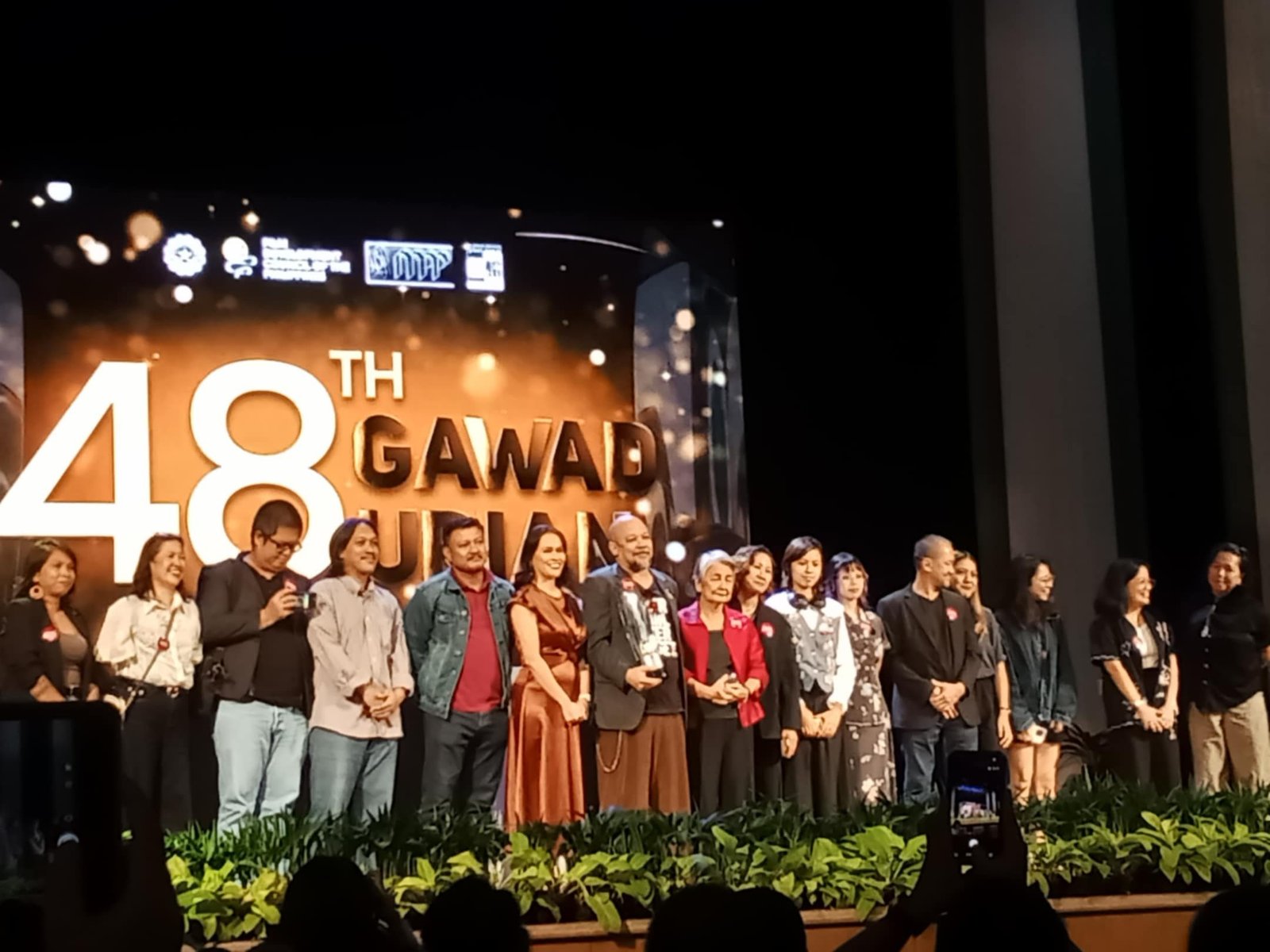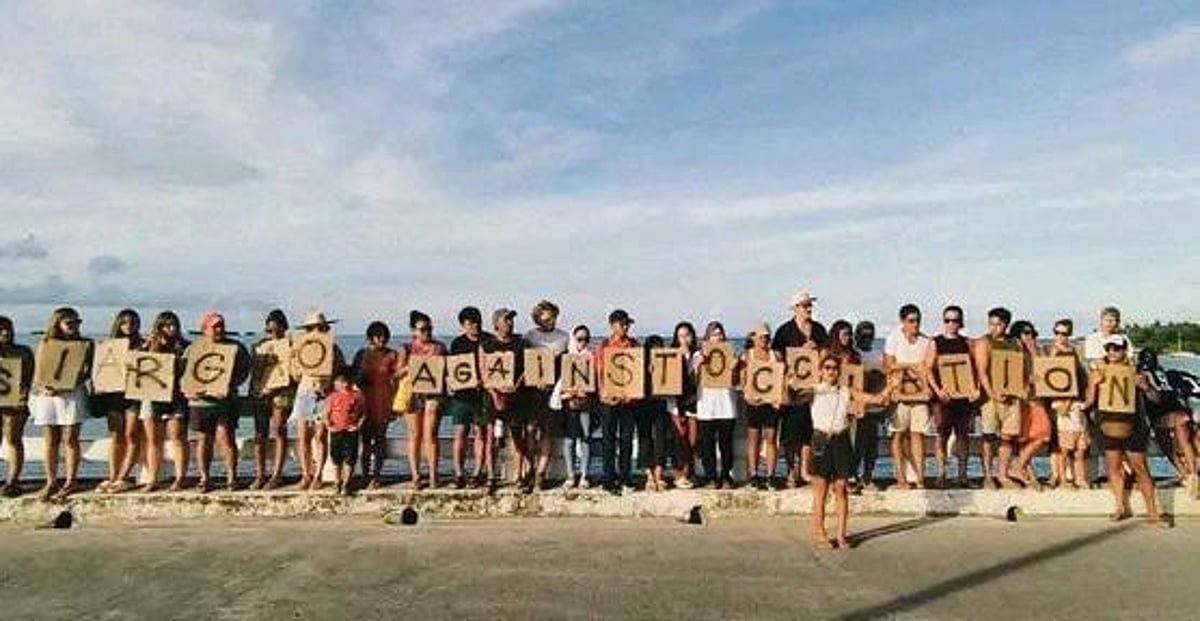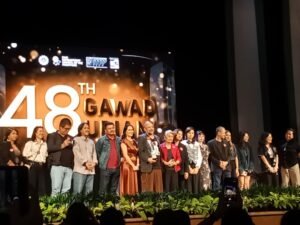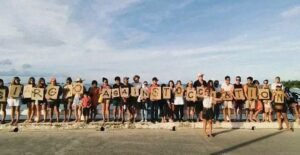A new study reveals that Filipino girls and LGBTI children face disproportionate risks of online sexual abuse and exploitation, often navigating these dangers without adequate support.
The report, titled Rainbows in the Dark: Filipino Girls and LGBTI Children in the Fight to End Online Sexual Abuse and Exploitation of Children (OSAEC), was released by child rights group Terre des Hommes Netherlands and sheds light on experiences of exclusion, fear, and resilience.
Conducted across Bohol, Cebu, and Taguig, the study engaged more than 1,800 children, parents, teachers, and community members through interviews and workshops.
The findings paint a troubling picture: children, especially those with diverse gender identities, are aware of abuse but often hesitate to report it due to fear, shame, and potential discrimination.
“I stopped posting photos of myself,” said a trans teenager from Cebu. “Every time I did, I got cruel messages. It felt safer to disappear.”
According to the report, Filipino girls and LGBTI youth are often left alone to navigate online threats, with adults failing to offer guidance that is both safe and affirming.
“For many Filipino girls and LGBTI children, the internet is both a lifeline and a landmine,” said Anna Abelinde, Philippine Country Director of Terre des Hommes Netherlands. “This study urges us to reimagine child protection with an inclusive lens, one that not only listens but truly sees and affirms who these children are.”
The study identifies three key challenges:
First is Exclusion in Protection, where many children feel invisible or misjudged by child protection systems.
Second is Barriers to Help-Seeking, as children fear being shamed, blamed, or outed if they report abuse.
Third is Digital Disempowerment, which leaves children without trusted adults to guide them in safely navigating the internet.
Terre des Hommes Netherlands calls on Philippine authorities, educators, and parents to embrace gender-affirming practices and inclusive safety measures.
The group urges the creation of safe platforms where children can share their voices and shape policy and programs that affect their lives.
The organization also released parenting resources under its #LetChildrenBeChildren campaign to help families discuss online experiences, personal boundaries, and gender identity openly and safely.
The study’s release was marked by Our Voices, Our Pride, Our Safety, a youth-led dialogue in Quezon City where young people shared experiences with decision-makers and pushed for concrete action.
The full report and educational materials are available on the Terre des Hommes Netherlands website.











